If you are considering preparing a will, this is a great first step in planning for the future. After reflecting on the basics, such as whom you want to be in charge of administering your wishes, you may wonder if there’s anything you should not include in your will. The answer is yes. There are a few things that you should avoid.
Personal Preferences or Desires
Sometimes it is best not to state personal or specific feelings in your will. To simplify the administration of your will, you should not make very specific requests or engage in discussions about your feelings.
For example, you may wish for a certain religious ceremony to be performed at your funeral or you want a celebration of life event. However, it is best not to address this in your will.
A will goes through a public, court-supervised, probate process. This often occurs well after someone is laid to rest. An executor will not necessarily be able to implement these wishes after the fact.
A better option may be to provide your family with a letter of instruction containing these details or to include them in a medical directive. If you want your burial to be done in a particular way, you can pre-purchase a burial plot and, in some areas, prepay for specific arrangements. Alternatively, you can create a fund for any event you would like, with a payable-on-death designation to someone you trust.
It is also probably best not to elaborate on personal feelings about others in your will, as this can set the tone for the administration of your estate. For example, your executor may feel some trepidation about being part of a situation where there appears to be hurt feelings or potential conflict from the outset.
Organ Donation
If you wish to be an organ donor, you should not use your will as a place to specify this wish. In most states, there are specific ways to document your desire, such as listing it on your driver’s license. Again, by the time your will is reviewed, it will be too late to do anything about your organ donation wishes.
Health Care or End-of-Life Decisions
Your will is not the right place to document what you would like to happen if you have suffered a substantial and irreversible loss of mental capacity or have an incurable or irreversible condition. You should do this in your medical directives (sometimes referred to as a “living will”).
You should also have a document that designates an agent to be able to speak with your doctors and make health care decisions on your behalf should you temporarily become unable to do so.
Be Careful About Leaving Inheritance to a Person With Special Needs
If you wish to provide for a person who has special needs upon your death, it is not a good idea to leave them an outright bequest in your will.
This may disqualify them from critical health and other benefits they need to manage their day-to-day life. It can also put them in a situation where they are forced to place your generous gift in a special needs trust that goes to the government upon their death if not used up. Instead, consider creating a first-party supplemental or special needs trust now or through your will.
Non-Probate Property
Another consideration of what not to include in your will is “non-probate” property. This can encompass many things, but some of the most common examples are:
-
Property held in a trust — The main point of placing property in a trust is often to avoid probate. If you have property in a trust, it doesn’t need to be in your will, as there is already a plan for handling it upon your death.
-
Property that already has beneficiary designations — For example, including things like your 401(k), IRA, or life insurance in your will can make things unnecessarily complicated or slow things down when it comes to your beneficiaries getting the funds. The best thing to do is to confirm your beneficiary designations are up to date and in line with whom you want to receive the funds.
-
Property that is jointly owned with right of survivorship — This property will pass naturally to the other person upon your death. An exception is where the other person is no longer living or has given up their rights to the property in a divorce or otherwise.
The above examples are not exhaustive. There may be more items pertaining to your situation that should not be in your will. Since every estate plan is unique, when you are prepare to begin the process of creating your will contact Jayde Law PLLC.


